Dhaka, July 13 (V7N) — The government has extended export incentives and cash assistance across 43 sectors for the first six months of the current 2025–26 fiscal year (July–December), keeping the support structure unchanged while slightly increasing assistance rates for select products. Depending on the product category, the rate of incentive will now range from 0.30% to a maximum of 10%, according to a circular issued by Bangladesh Bank.
The government had previously planned to completely withdraw all financial incentives for the export sector starting in July 2025. However, this phase-out has now been postponed by six months, pushing the deadline to December 2025.
Reasons for Postponement
The decision to delay the withdrawal of export subsidies was taken in view of three key challenges currently facing Bangladesh’s export sector:
-
High tariffs imposed by U.S. President Donald Trump on Bangladeshi goods.
-
India’s restrictions on the export of Bangladeshi goods via land ports.
-
Instability in the industrial sector following political transitions in 2024.
These external and domestic disruptions have made it difficult for exporters to stay competitive, especially in key markets.
RMG Sector Remains the Biggest Beneficiary
Over the past seven fiscal years, the government has disbursed a total of Tk 46,715 crore in export incentives. The ready-made garment (RMG) sector continues to be the largest recipient, receiving more than 80% of total disbursed funds.
Effective Timeline
According to the Bangladesh Bank notification, the export cash assistance will apply to goods shipped between July 1 and December 30, 2025.
As global trade dynamics continue to shift, particularly with increased protectionist policies from trading partners and geopolitical tensions, Bangladesh's export sectors are expected to remain under pressure. The continuation of these incentives is seen as a temporary but necessary support mechanism to maintain export momentum and protect jobs in export-oriented industries.
Industry leaders have welcomed the move but also urged the government to create a long-term roadmap for sustainable competitiveness through skills development, trade diplomacy, and infrastructure improvement.
END/RH/AJ



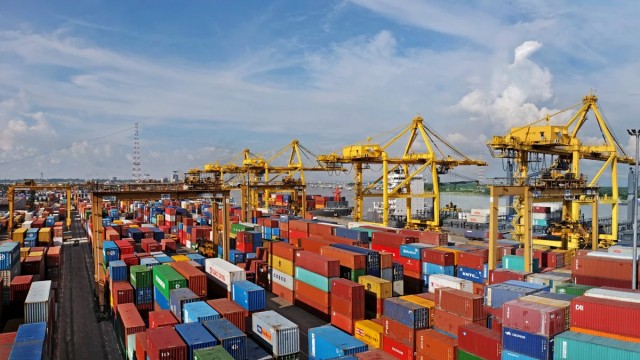
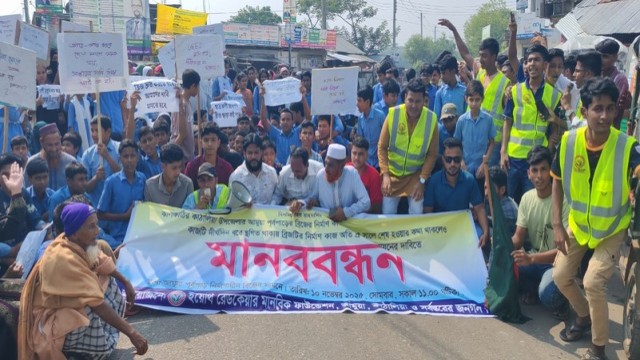
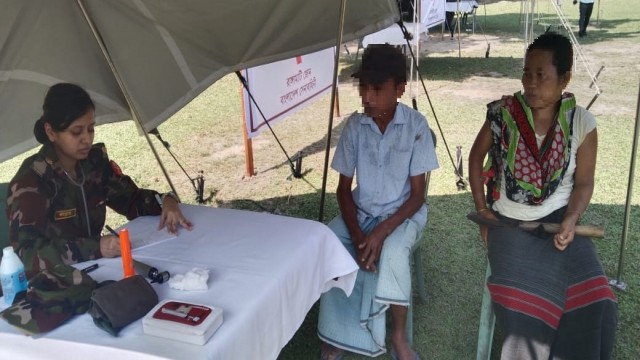
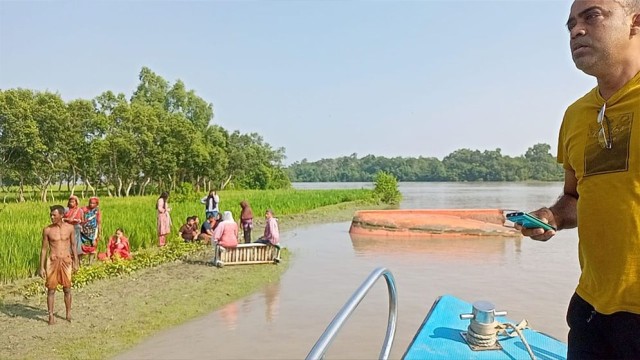

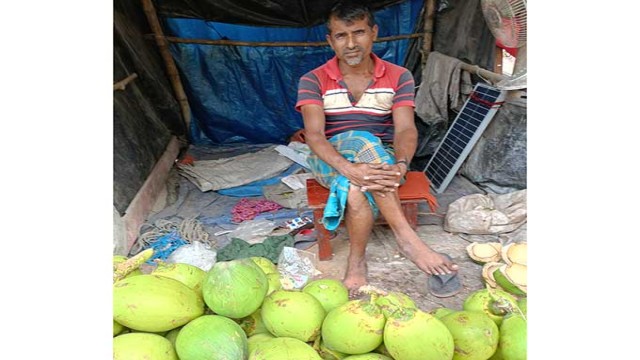

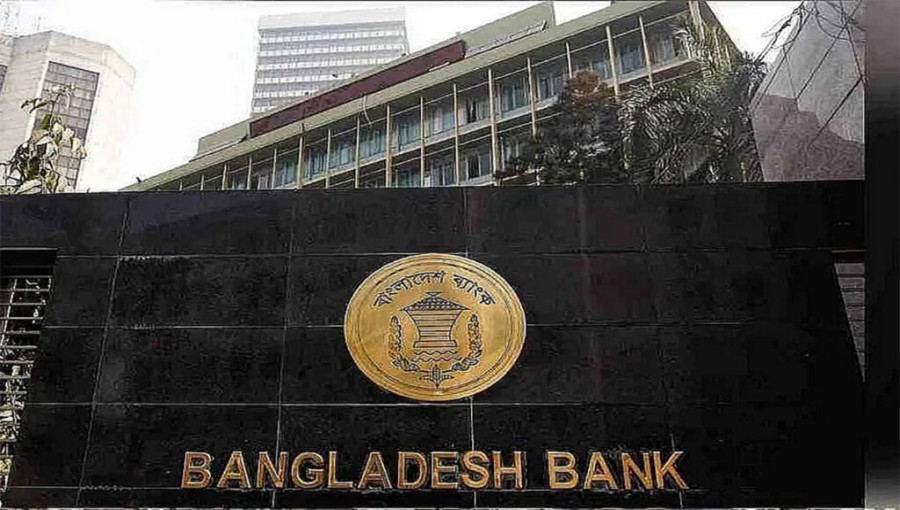
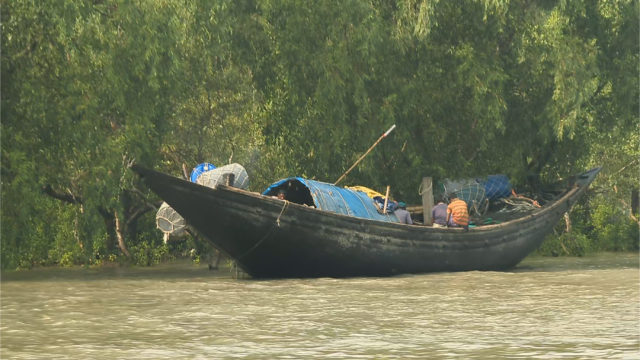
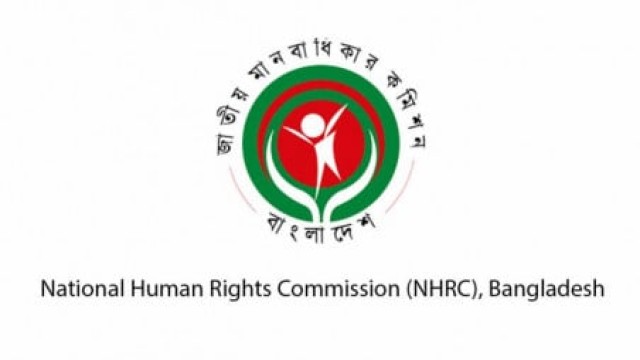
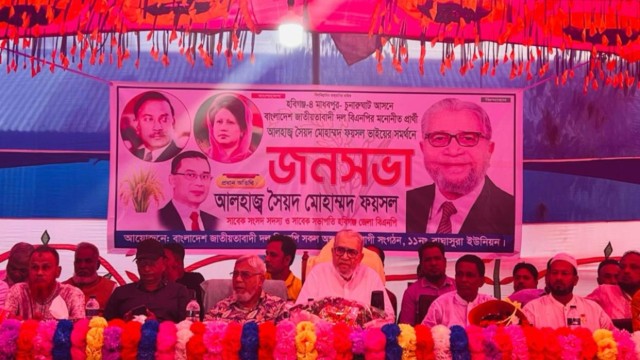



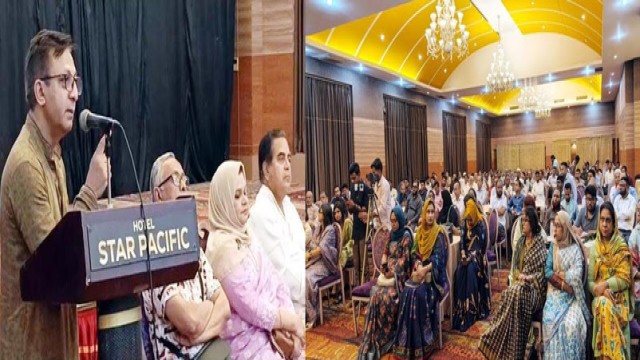
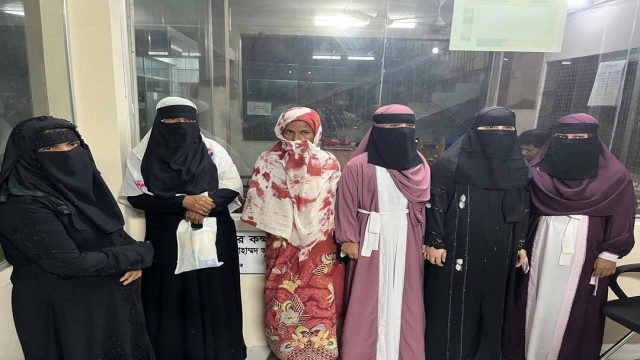




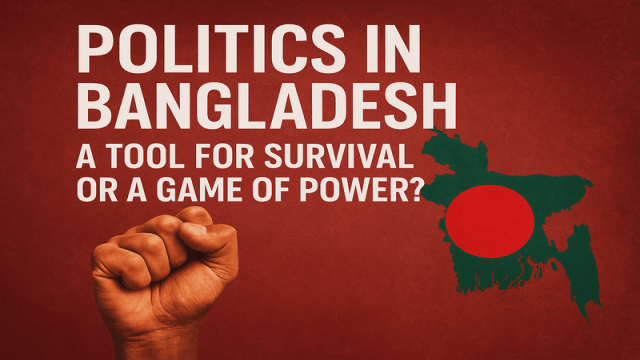
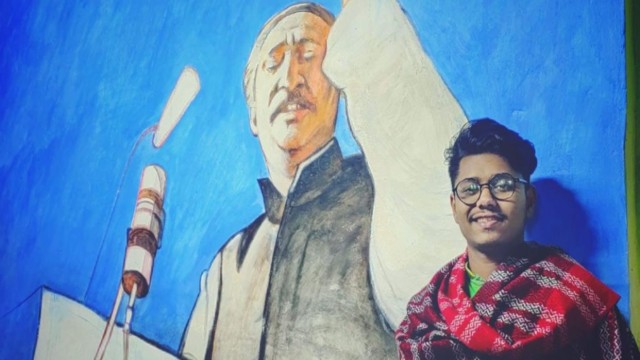
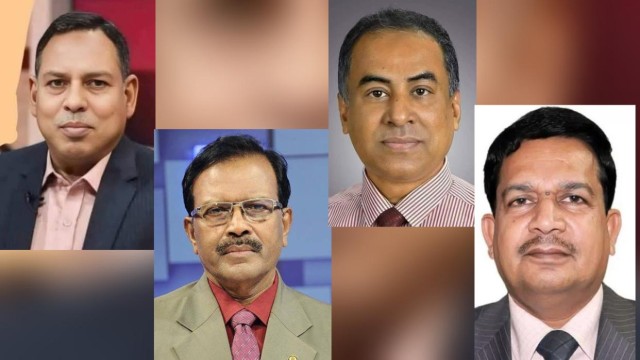




Comment: